In the book “Democracy in the Corridor of Controversy,” distinguished Iraqi thinker Dr. Ali Rasool Al-Rubayi engages in a comprehensive exploration of democracy, bringing together nine prominent philosophers. Each philosopher’s perspective is thoroughly examined, shedding light on their thoughts and theories regarding democracy.
The book delves into the ideas of Jürgen Habermas and his concept of deliberative democracy, Richard Rorty’s pragmatic defense of democracy, John Rawls’ reformulation of democracy, Michael Walzer’s exploration of pluralism and justice within democracy, Charles Taylor’s examination of the self in relation to society and democracy, Hannah Arendt’s perspective on republican democracy, Carol Pittman’s feminist stance on democratic participation, Iris Jung’s exploration of justice within the politics of difference, and Foucault’s anti-liberal democracy position.
The selection of these nine theorists represents a diverse range of philosophical positions, encompassing various political, cultural, and generational contexts. Some theorists seek to justify liberal democracy, while others critically examine the fundamental principles of liberalism, even if they endorse certain liberal values. Influences from Marxism can be observed, although some theorists no longer identify as Marxists. Additionally, the book addresses the differences between liberalism and republicanism, as well as the tensions between elitism and popular participation. It grapples with the question of whether individual or societal notions of democracy should hold greater significance. Moreover, it delves into the age-old controversies between liberalism and socialism, while also considering claims to justice made by marginalized groups within liberal democracies.
While some philosophers support universal principles, others challenge these principles on various epistemological and political grounds. Feminist perspectives and the politics of difference play a crucial role in dealing with identity politics. Deliberative democracy seeks to transcend liberalism and republicanism, and post-structuralist critiques of power and knowledge raise additional questions about the meaning and efficacy of democracy.

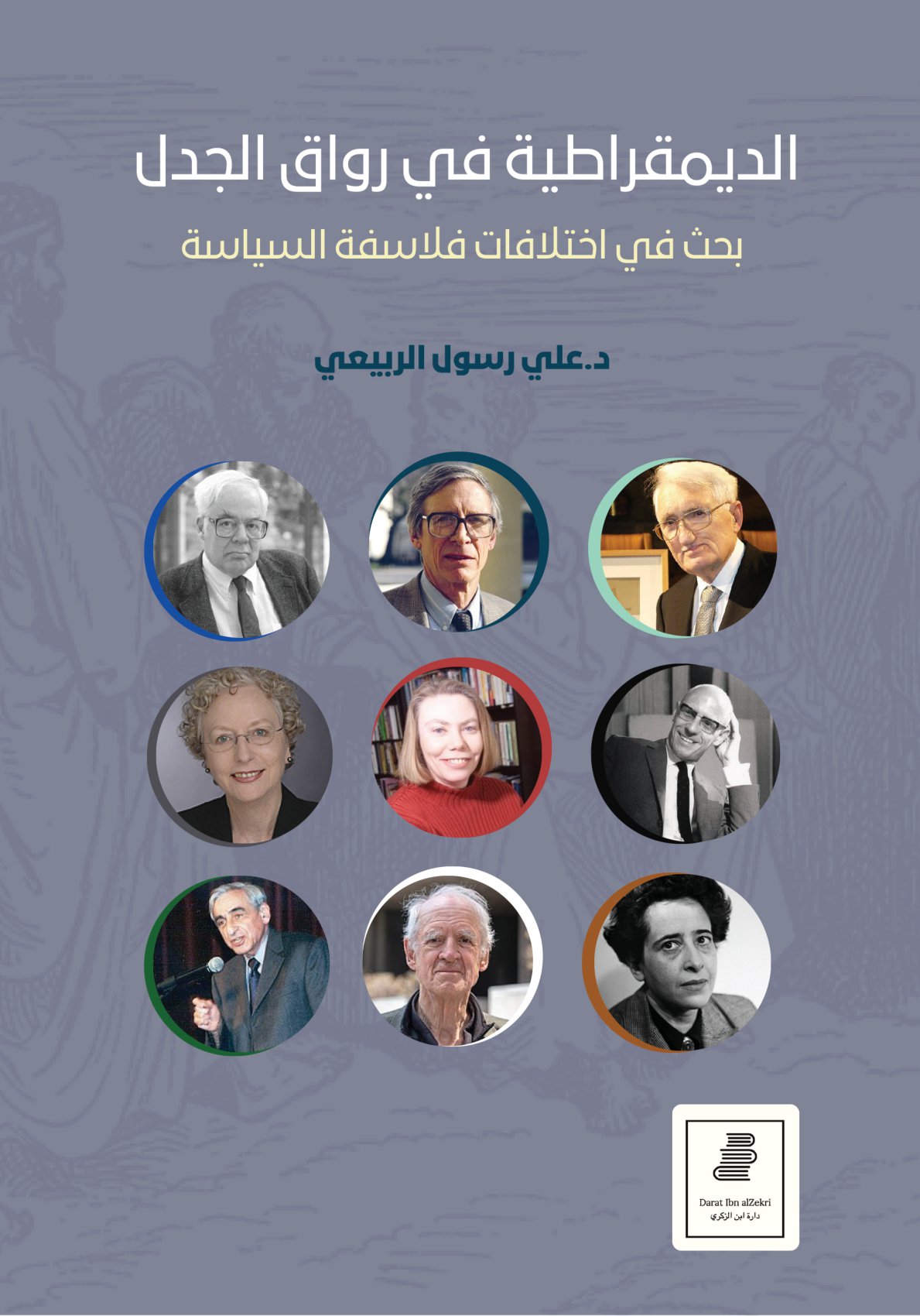
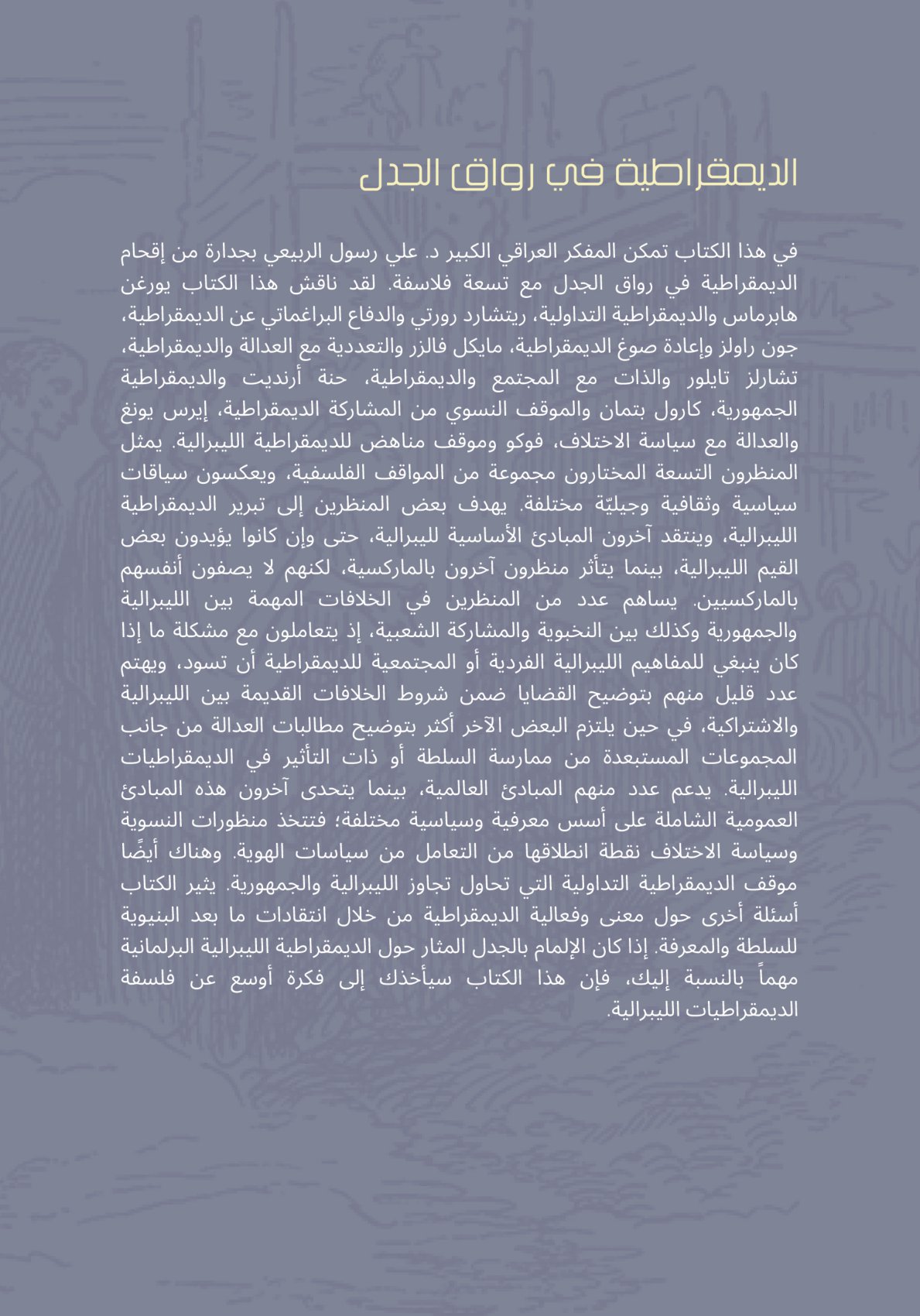
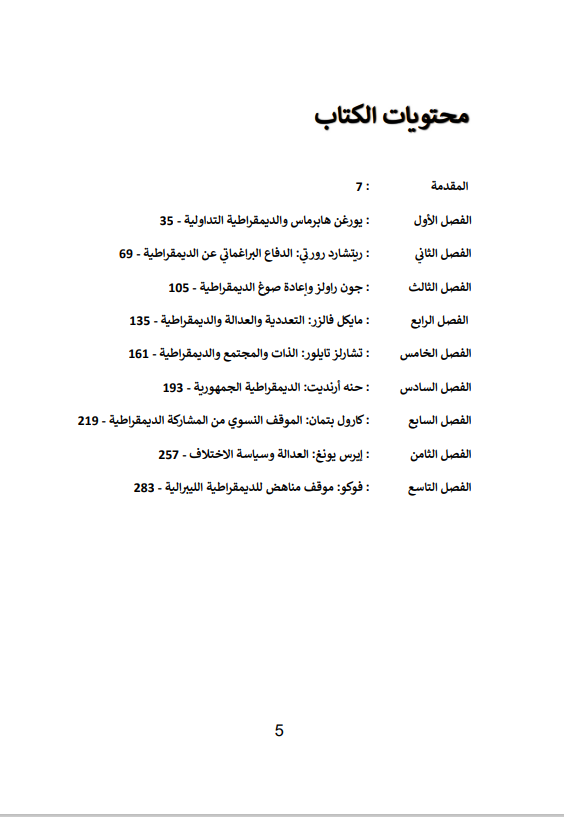
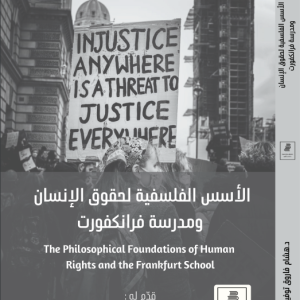
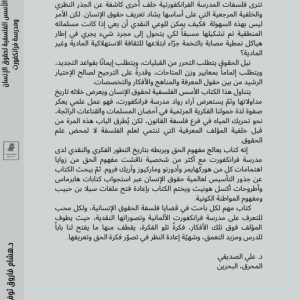
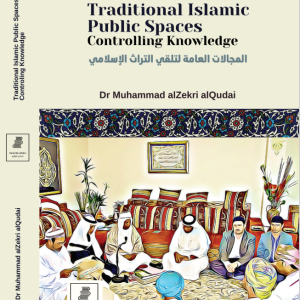
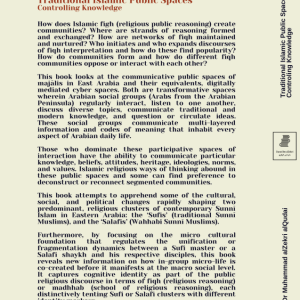

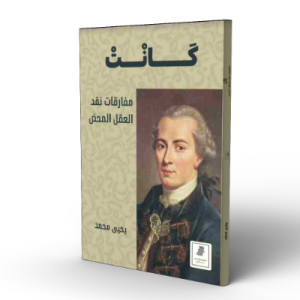
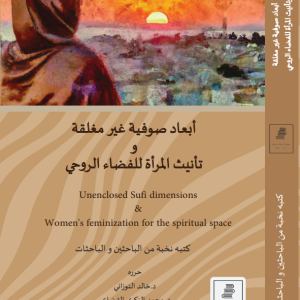
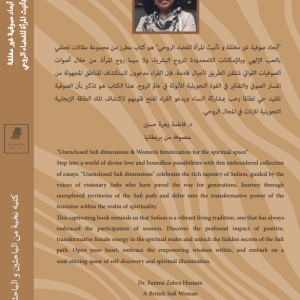
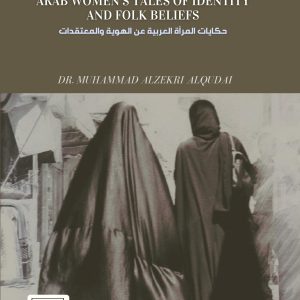

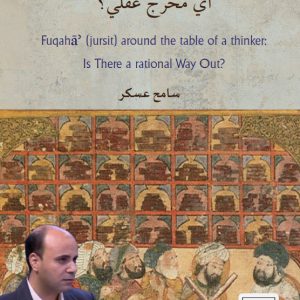



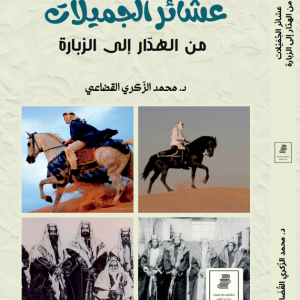
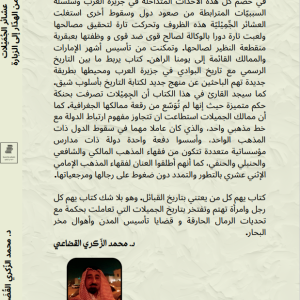
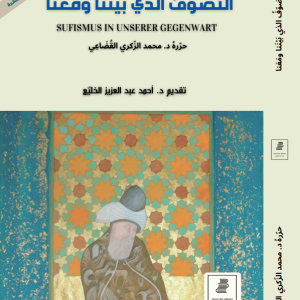
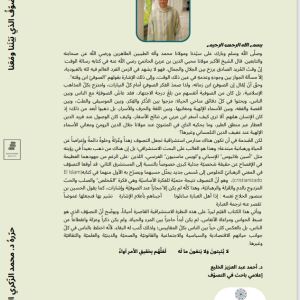
Reviews
There are no reviews yet.